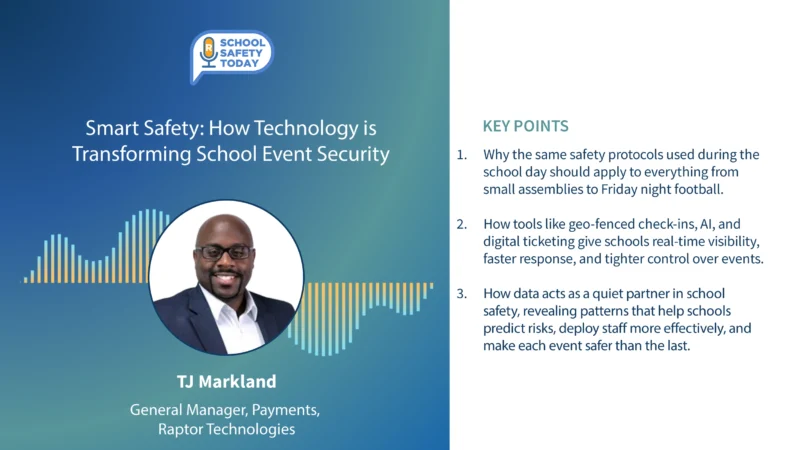Philanthropy to Shape and Transform the Future of Education
Leading education in the twenty-first century takes not only a village, it takes the
generosity and ingenuity of philanthropy. One organization striving to impact students
profoundly and positively is The Overdeck Family Foundation. Overdeck was founded in
2011 by John and Laura Overdeck to provide all children the opportunity to unlock their
full potential.
Why is investing in the potential of children so important to Overdeck and what are they
doing to facilitate this support?
Michael B. Horn, Host of The Future of Education, knows Malipatil and her work well.
The two have worked together over the years. Malipatil stopped by The Future of
Education to discuss Overdeck’s work and the importance of philanthropy in creating
better educational opportunities for all children.
Through grantmaking and strategic support, Overdeck focuses on unlocking innovation,
evidence, and growth opportunities for organizations and researchers committed to
accelerating key academic and socioemotional outcomes for all children. Anu Malipatil,
Vice President of Education for the Overdeck Family Foundation, writing for FutureEd,
said philanthropy could encourage nonprofits to listen to fast-evolving educator and
student needs. As funders, it’s organizations like Overdeck’s job to ask organizations
questions about what real versus perceived needs are, how those needs are evolving,
and how nonprofits are adapting to meet them.
“My personal story starts with my dad,” Malipatil said. “My dad grew up in a small, rural
farming village in South India, and education was the key that unlocked his ability to
pursue college, and it was also the key that gained him entry to the U.S. on a student
visa. So, this concept of unlocking potential for every child, which is the vision of
Overdeck Family Foundation, is very personal.”
Horn and Malipatil discuss a variety of topics, including:
• The various organizations Overdeck funds to support education growth and
innovation
• Investing in sectors of education the government struggles to fund
• Ensuring good education research studies lift the evidence base of the field
“We partner with mostly non-profit organizations that provide curriculum,” Malipatil said.
“We often incentivize organizations to do the right-sized, right-staged evidence building,
but the truth is, buy-in is important on both sides of the table. The organization needs to
understand what better research will do for them, from selling to customers, but also for
their end-user, the student.”
Anu Malipatil is a mission-driven executive with a 15-year track record of launching and
scaling high-impact teams (Teach for America regional math/science team), products
(P-5 EngageNY math), and enterprises (Overdeck Family Foundation). Malipatil is a
change agent and leader in education philanthropy, government, and non-profits, who
seeks opportunities to transform and accelerate the sector. Her efforts through
Overdeck created the allocation of 200 million dollars across four domain areas in
Education, spanning early childhood, informal STEM, innovative schools, and
educators




